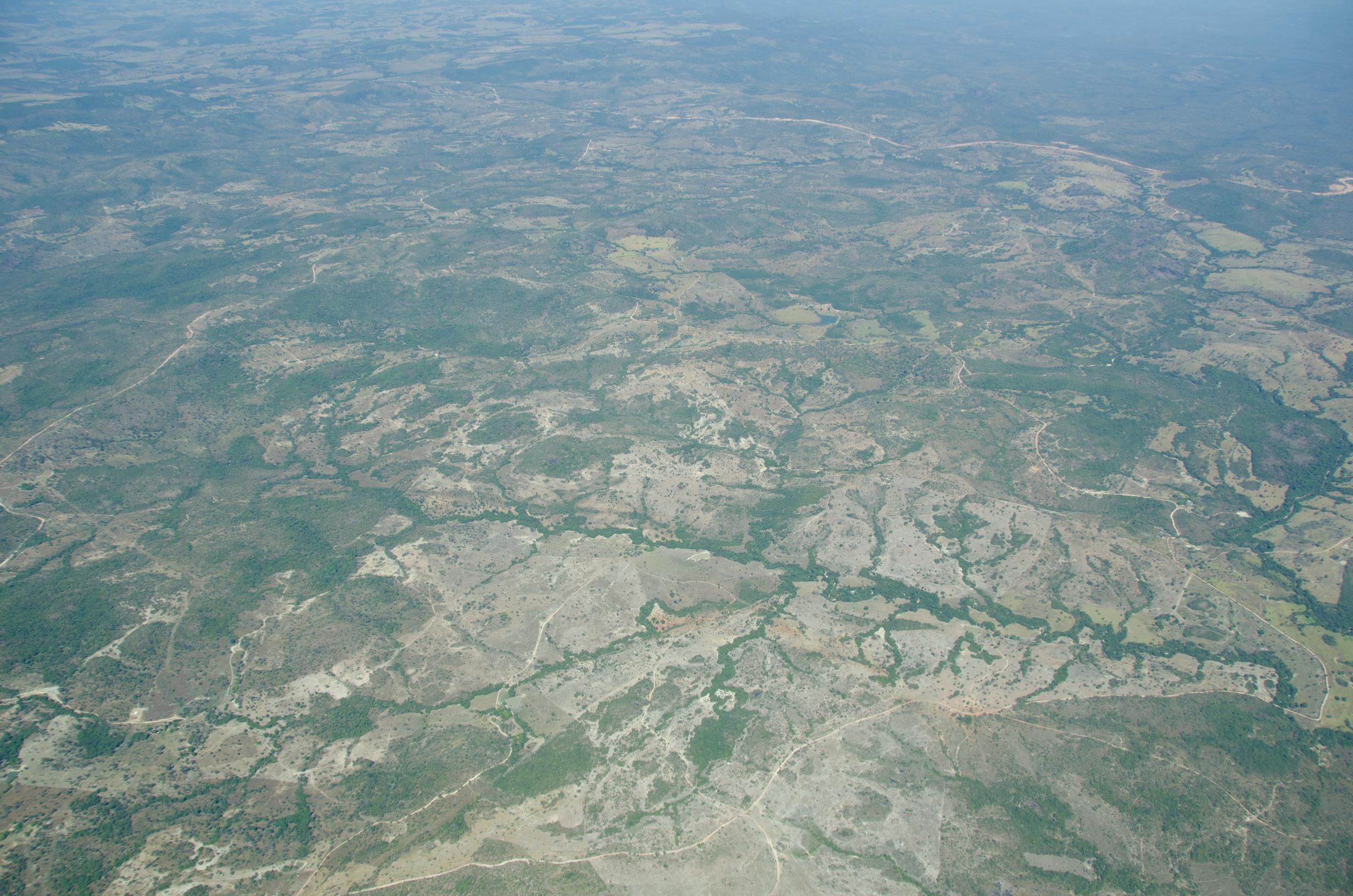By Sophie Bertazzo
July 23, 2019
EU bid to halt imported deforestation ‘moot without investment’
3 min

By Sophie Bertazzo
July 23, 2019
3 min
In a communication released today, the European Union has proposed steps it will take to promote global reforestation efforts and end deforestation related to EU imports of agricultural commodities.
“Imported deforestation” is the environmental footprint of products consumed by one group (in this case, Europeans) but produced elsewhere. It is relatively invisible to European consumers — and spectacularly destructive to the planet.
Between 1990 and 2008, Europe was the top importer of deforestation around the world, resulting in an expanse of forest the size of Portugal getting cut down. Deforestation is responsible for 11 percent of global greenhouse gas emissions, half of which are the result of internationally traded agriculture products. In the Cerrado region of Brazil, for example, annual emissions from deforestation for soy production are greater than the EU’s entire remaining emissions gap for its 2030 target — meaning helping to halt deforestation from soy production would be enough to meet Europe’s full target for the Paris Agreement.
While the role of deforestation in climate change is clear, it is often overlooked in international deliberations in favor of clean-energy policies. Yet stopping deforestation and restoring degraded lands can deliver at least 30 percent of the required emissions reductions needed to reach the targets of the Paris Agreement, while improving food security and the well-being of developing countries.
In a statement congratulating the European Commission for “taking this important step to address the footprint of EU consumption on forests,” Conservation International Europe Vice President Herbert Lust clarified that while “this legislation represents the kind of bold global leadership that Europe excels in … it is moot without investment.”
To meet the goals of the Paris Agreement, Lust said, the European Commission needs to look at funding actions that preserve forests and counter deforestation, including funding reforestation efforts and investing in community conservation projects.
In addition, he said, they must invest in funds for indigenous peoples — stewards who manage 25 percent of the world’s above-ground carbon in tropical forests and who are essential to protecting them.
The latest communication isn’t the first time the EU has taken steps to curb deforestation: On the sidelines of the Paris negotiations in 2015, Germany, France, the Netherlands, the UK and Denmark (later joined by Norway and Italy) signed the Amsterdam Declaration, restating their commitment to eliminate deforestation from agricultural commodity supply chains by 2020. In 2017, the European Parliament passed a resolution aiming to limit the import of palm oil that has caused deforestation. The Parliament also called for new sustainability criteria for palm oil entering the European market.
Read Herbert’s full statement here.
Sophie Bertazzo is a senior editor at Conservation International.
Want to read more stories like this? Sign up for email updates. Donate to Conservation International.
Join our community
Hear from scientists and changemakers, step into stories of experts in the field, and come closer to the awe-inspiring power of nature. By subscribing, you agree to our terms of use.